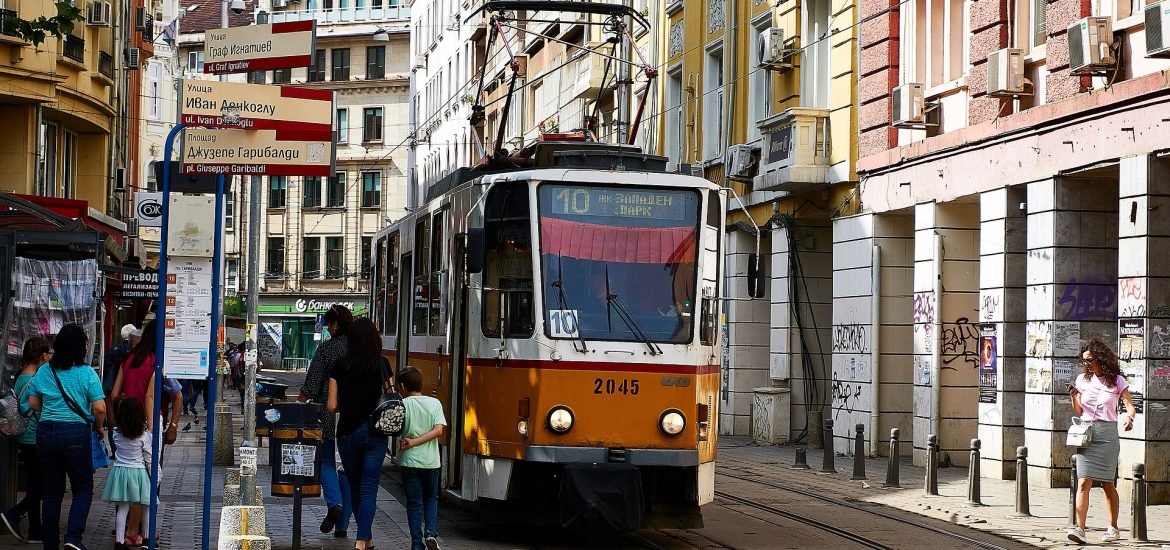
Air quality in Bulgaria has improved since a court ruled last year that the country needed to put more effort into reducing air pollution, but there is still more work to be done, according to the European Commission and Bulgarian officials.
Last April, the European Court of Justice (ECJ) ruled that Bulgaria had breached European air quality laws by consistently exceeding agreed air pollution limits. Although there were no fines attached to the ECJ’s ruling, the court said Bulgaria must take immediate action to bring pollution levels in line with EU regulations.
“I can confirm that after the ruling against Bulgaria we see improvement,” said EU environment commissioner Karmenu Vella at a press conference in Brussels on Monday.
The press conference followed a meeting between Vella and EU environment ministers. Also speaking at the press conference, Bulgarian environment minister Neno Dimov said improving air quality was his top priority, but that 11 months was not enough time to accurately assess progress.
Dimov said that although some cities in Bulgaria are showing improvement, others are lagging behind. In the capital city of Sofia, average annual pollution readings are lower than they were prior to the court ruling, according to the minister, but there is still a significant amount of work to be done.
Vella echoed Dimov’s statement, saying that while some areas in the country have progressed, others still have room for improvement. He said Bulgaria is taking measures to improve air quality and is keeping the Commission updated on its progress.
Dimov said that as part of the country’s efforts to reduce pollution, Bulgarian authorities had issued fines totalling around €100,000 for the illegal burning of wood.
Bulgaria is the EU’s poorest member state. According to European Commission estimates, air pollution caused up to 13,620 premature deaths in the Balkan nation in 2014. The Environment Ministry has said the large number of old cars in the country as well as the use of coal and wood for heating contribute to high air pollution levels.
Later this month, the World Bank is expected to present specific measures Bulgarian authorities can take to help reduce air pollution, according to the Bulgarian News Agency. The World Bank says the project will “help develop local programs for air quality management in order to meet EU directive and requirements.”
Bulgaria was the first EU member state to face legal action over air quality problems, but is not the only country in Europe with air pollution issues. According to Commission estimates, poor air quality causes 400,000 deaths in the EU each year. The Commission has set ambitious targets for reducing air pollution in the EU by 2020, and has recently put a greater emphasis on improving air quality.
Earlier this year, nine EU members were threated with legal action if they did not develop effective plans to reduce levels of air pollutants, including nitrogen oxide and particulate matter. The countries include the Czech Republic, France, Germany, Hungary, Italy, Romania, Slovakia, Spain and the United Kingdom.
Vella said on Monday that the Commission is still reviewing the plans submitted by each of the countries. If the plans are determined to be insufficient, the countries will be referred to the ECJ.